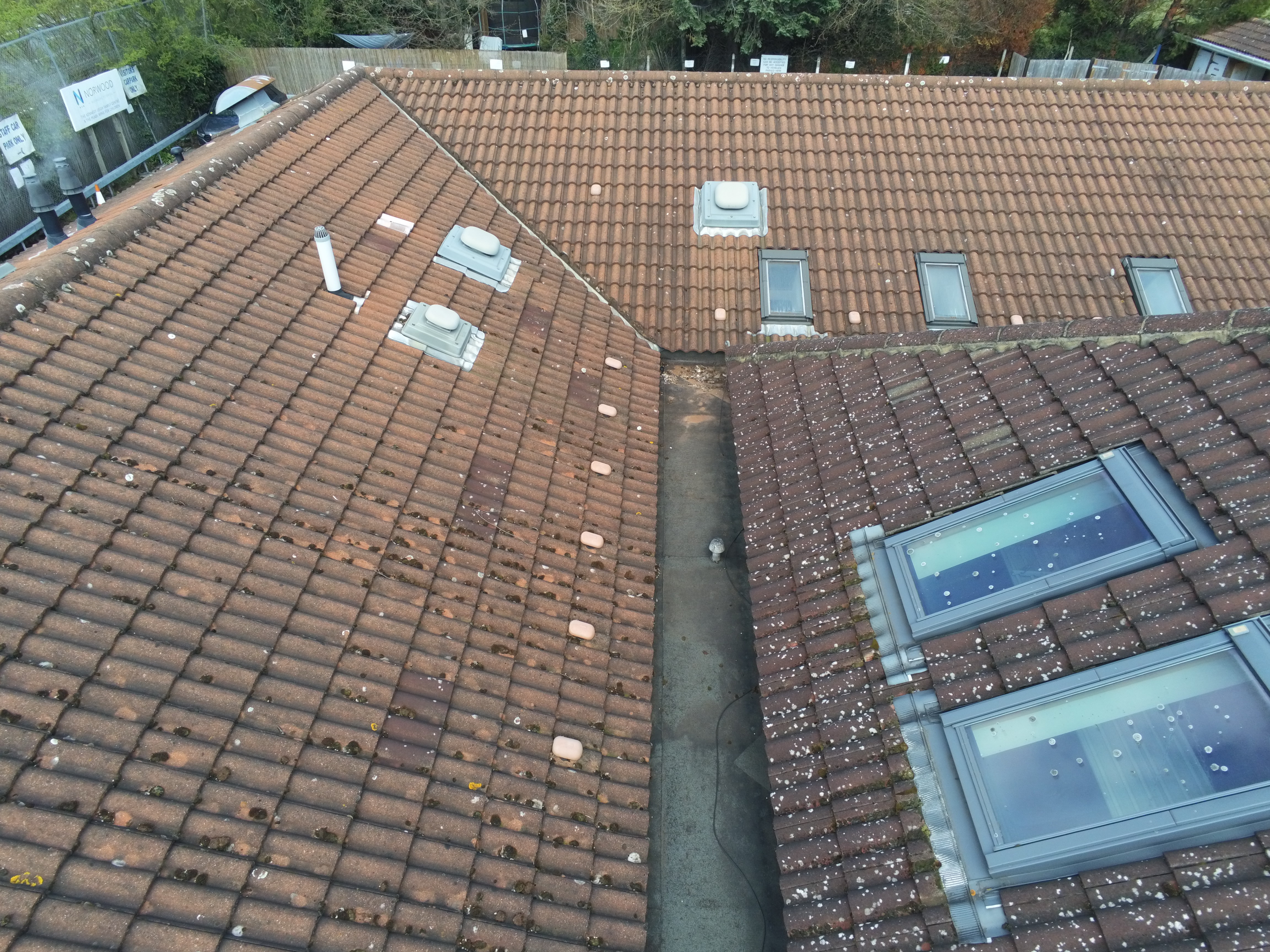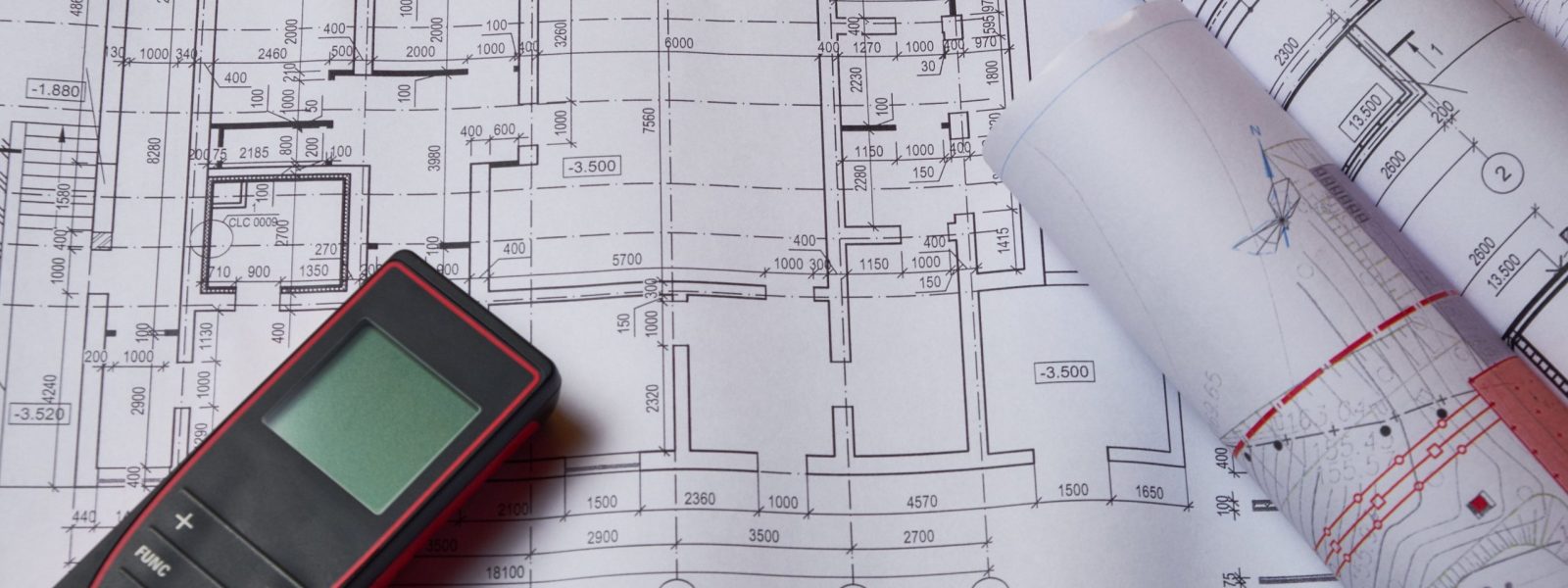Companies are working hard to improve the efficiency of their operations by using mobile technology throughout their workforce. However, as these enterprises embrace the benefits of mobility and digital transformation, many are choosing the wrong device for their needs. As a result, many fail to realise the advantage or see a return on their technology investment due to higher than anticipated operating costs.
Importance of choosing the right devices for your business
Your business’s hardware can take up a significant portion of your IT budget. It is crucial to consider any new purchases carefully. When deciding on the best device to deploy into the workforce, some businesses opt for a consumer device versus a specifically designed rugged device to keep upfront costs down.
Rugged mobile devices are not simply consumer products with protective casings, despite the misconception held by many. And although they can withstand the harshest of work environments they offer substantial long term savings for all businesses.
Is a Rugged Phone Case The Answer For Your Business Needs?
Initially, adding a heavy-duty outer shell to your standard consumer mobile device may feel like the right solution for your business. You get a familiar phone, protect it with a tough phone case that promises to protect against mishandling such as bumps and drops in your workplace. Perhaps this approach may solve your mobility problems, perhaps it will cause more problems in the long run too.

A Rugged Case Does Not Make A Rugged Phone
A standard consumer mobile phone enveloped in a ruggedised case is not truly rugged.
Truly Rugged Specifications
Rugged devices, unlike consumer brand mobile devices, are built for constant and demanding mobile work. These rugged devices are able to enhance the productivity and uptime of a workforce. They last longer and perform despite being in challenging environments, for example, high-traffic areas or workers who are constantly exposed to moisture and dust.
Also suitable for harsh and dirty environments the reality is that rugged devices provide benefits everywhere from warehousing to retail and hospitality because once they become a part of your workflow any mobile device is easily knocked and dropped.
To understand this better, it is important to look deeper into what makes a phone rugged
1. Rugged devices have exceptional ingress protection (expressed as an “IP rating), which means it is protected from liquid and dust entering the device. A rugged case will never be able to compete with the high-quality seals that are offered by a true rugged device. It’s true that premium brand consumer devices have offered water protection for some time now but are typically in the higher price range and often without full protection from dust.
Critically, without inherent drop protection and full use of gaskets (they rely on glue), these seals don’t last for the 3-5 years that businesses demand. And in reality, there is little to prevent your workforce from removing a device from its case or continuing to use it long after the case has deteriorated and no longer offers its original protection.

2. Rugged devices are built to withstand shock and vibration and undergo extensive testing to ensure they will continue to perform under stressful daily use. Our tests include withstanding drops and shocks without damage to exterior or interior parts. True rugged devices go far beyond just the strength of the outer casing. Interior components must also be able to rough out the constant drops, bumps and shocks.
Primarily a tough case seeks to protect the expensive good looks of a smartphone and prevent screen damage; the most common and frustrating damage to smartphones and tablets. Yet despite videos of phones being dropped from helicopters most people have experienced damage even with a case. The weak link is of course the device itself.
3. Rugged devices can withstand wide temperature ranges. No tough case can assist with this, in fact, many cases exacerbate heat retention. A typical mobile phone runs between 0º and 35ºC. Any warmer than this and the phone will typically slow down due to thermal throttling. Drop below zero and consumer-grade batteries behave unexpectedly. Anything outside this restrictive range will cause consumer-grade batteries to degrade faster and be more likely to malfunction. Rugged devices can typically function without any problems in temperatures ranging from -20° C (or lower) to +50° C (or higher) without damaging the battery or invalidating the warranty.
4. Rugged devices are built for long term serviceability. At Conker this has always been our primary design consideration because we are providing an accidental damage warranty as standard. This means we have to be confident about durability and make serviceability easy too. When you work with consumer devices and tough cases you will eventually find that one or both of these is unavailable, likely within 3 years and certainly within 5. This dilemma of rapid product cycles eventually leaves businesses with equipment that cannot be serviced. In the scenario that cases become unavailable first, devices which you intended to use with that case can no longer be safely used.
5. Rugged devices can be properly and repeatedly cleaned. This was always relevant but of course, became pertinent with heightened awareness due to Covid. Not only do consumer devices not hold up well to alcohol and other chemicals (think screws & gaskets vs. shiny finishes and glue) a tough case gives you extra work as the case has to be removed to clean the device.
To understand the specifications of a rugged device, look for these four features: drop rating, temperature range, MIL-STD-810G, and IP rating.
- Drop rating: An essential part of ruggedness is withstanding knocks and drops.
- Temperature range: Some working environments require staff to work under the hot sun or inside freezers. Either way, the devices will be exposed to temperature extremes.
- MIL-STD-810G: This specification certifies that the device has undergone a series of military-level tests to ensure the durability and resilience of the device. There are many elements to the standard but critical to rugged devices it covers shock and vibration.
- IP rating: Lastly, the IP rating (ingress protection) specifies to what extent it is protected from solids and liquids entering a device. Dust is often more of a long term issue than liquid as dust is unavoidable.
Battery Specifications For Rugged Devices
Businesses that rely on mobility must have devices that come with a reliable battery life. Conker’s rugged devices come with higher capacities versus a regular consumer mobile phone. Furthermore, rugged device batteries can be replaced once it is considered end of life. Unlike a typical consumer device which after two to three years, users might find that their battery function has significantly declined and making the device impractical.
Added versatility is another reason why rugged devices are a better option for businesses. Many rugged devices offer “hot swappable” battery functions. This means batteries can be swapped out without powering off the device. With an internal and external battery available, it can drastically improve operational efficiency.
A disadvantage of simply slapping on a rugged phone casing is that it might cause the device to heat up. Batteries in any device typically release heat and a rugged casing might inhibit heat dissipation necessary for safe operation.
Charging Made Easy
Regular consumer phones require users to repeatedly connect and disconnect wired chargers. Apart from taking time and being clumsy with a fleet of devices, when done constantly, this action can cause rapid wear to the charging pins. Additionally, these charging ports are areas where dust and water can easily enter when damaged. With rugged devices, charging is commonly achieved via a drop-and-dock solution providing a long term simple and durable solution.
Using fit-for-purpose devices for business mobility is at the heart of efficiency in warehousing, logistics, or supply chain operations. Regardless of the industry you are operating in, the last thing that you want to do is to invest in devices that will not provide you with the best value in the long run. Rugged devices are the perfect solution for any business operation because they are built to do the job with the least downtime.
In the long term, downtime is more expensive than the device. Low total cost of ownership requires both rugged hardware and responsive service on your devices when needed.
Get in Touch




 The Importance Of An Accurate GEA, NIA And GIA Report/>
The Importance Of An Accurate GEA, NIA And GIA Report/>